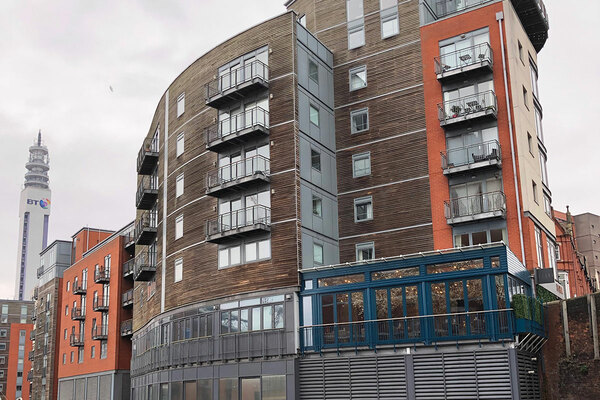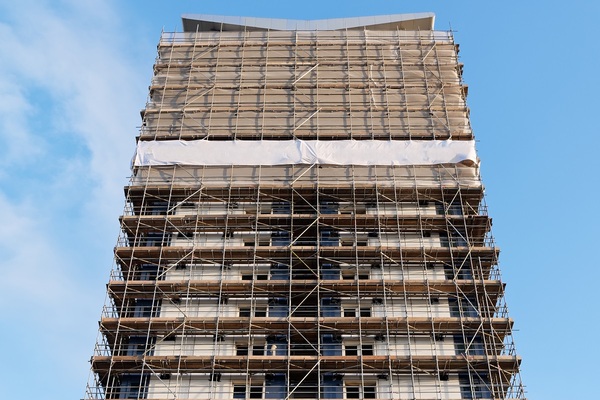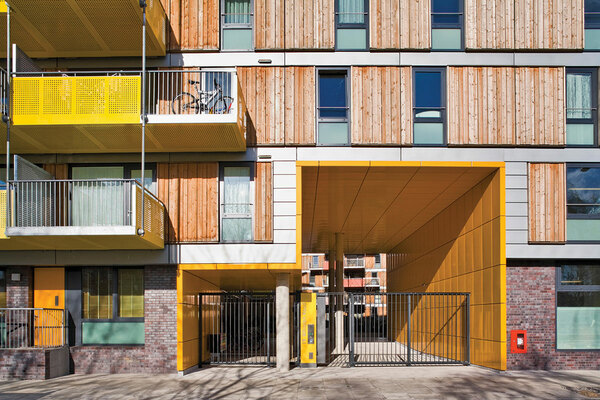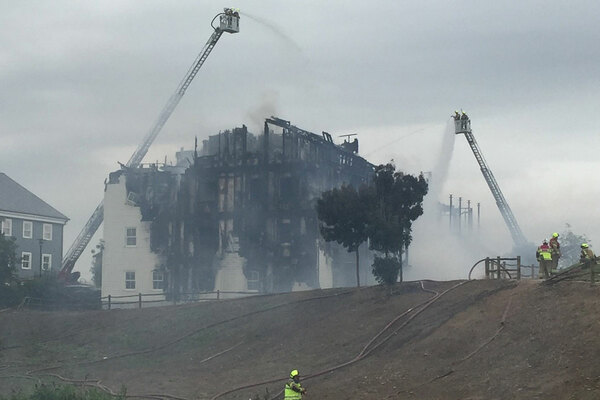Leaseholders face £19,000 cladding bills next month amid coronavirus crisis
Leaseholders living in a block in Birmingham, who are already facing financial hardship due to coronavirus, must pay up to £19,000 in just two weeks or risk being forced out of their homes.
Residents living in the 141-home Islington Gates development in central Birmingham have been told they must pay bills of between £7,000 and £19,000 by the start of April or could eventually be forced to leave their homes.
The block’s management company, which is made up of leaseholders living in the block, currently has remedial works scheduled to start in November, but says leaseholders could lose their homes if they are unable to raise the money to carry out that work.
Brian Simpson, a resident of Islington Gates and director of the management company, told Inside Housing: “If we can’t commission the works for November, we will lose our insurance, people’s mortgages will go into default, and we will have to be evacuated, making everyone homeless.”
The crippling bills come as a number of leaseholders are already facing financial difficulties as a result of coronavirus, with some losing jobs or experiencing falling income already.
Mr Simpson said: “There are people here who are self-employed and have no income coming, and there are people who have their own businesses and are having to lay off people because of coronavirus.
“As well as the stresses and strains of working through cladding issues in their normal life, we have been doubly hit by all of the issues coming out of the coronavirus crisis, it’s all an absolute nightmare really.”
The total bill estimated for remedial works and interim fire safety measures at Islington Gates is £8.2m, and could see some leaseholders facing individual bills of £100,000.
Mr Simpson, who is facing a bill of nearly £19,000 to be paid by 1 April, said that the next bill for leaseholders would be issued in July and would be for a similar amount to next month’s charge.
It comes after leaseholders living in the block saw the building’s insurance premium increase by nearly 400% last year, from £39,000 to £191,000.
The block has now called on the government to accelerate funding from the £1bn Building Safety Fund announced as part of chancellor Rishi Sunak’s Budget two weeks ago to cover the remediation bills faced by leaseholders.
The fund was set up to pay for the removal of non-aluminium composite material cladding from buildings taller than 18m.
The residential management group for the building, which is made up of residents, has now written to housing secretary Robert Jenrick urging him to release the funds.
The Ministry of Housing, Communities and Local Government has been contacted for comment.
Mr Simpson said: “We want the government to speed up the release of this Building Safety Fund and underwrite our building insurance to help bring the premiums down, which becomes even more important due to the situation people find themselves in as a result of coronavirus.”
Last week, cladding campaign groups released a statement urging the government to provide funds to cover the costs of interim fire safety measures, such as waking watches in blocks with dangerous cladding.
In a joint statement, the Birmingham Leasehold Action Group, Leeds Cladding Scandal, the Manchester Cladiators and the UK Cladding Action Group said: “The COVID-19 outbreak is the biggest public health challenge for a generation. We acknowledge the huge strain this rapidly changing crisis will place on government and the number of people who will require support as a result of it.
“Nonetheless, the situation is particularly critical for many leaseholders in buildings with dangerous cladding. The huge additional and ongoing costs that many leaseholders have to pay as a result of living in dangerous cladding blocks means they face an impossible decision about work and self-isolation. No income means no ability to pay for the waking watch the building needs for them to stay in that building.
“As these costs are not currently within the scope of the £1bn fund announced at [the recent] Budget, additional help is urgently required.
“For us, self-isolating means returning to a building which is a potential death trap. With many more people working at home or not able to work at all, they will be spending much more time in buildings where there are grave concerns about safety.”
An MHCLG Spokesperson said: “Our priority is to ensure residents are safe in their homes - our £1 billion fund will pay for the replacement of unsafe cladding in high-rise buildings and we will shortly provide more details about how it will operate.
“We would urge building owners and residents to use common sense during this time of national emergency. "The government has taken urgent action to ensure the public is not impacted financially by the virus including through the Coronavirus Job Retention Scheme and increasing the Universal Credit standard allowance.”












